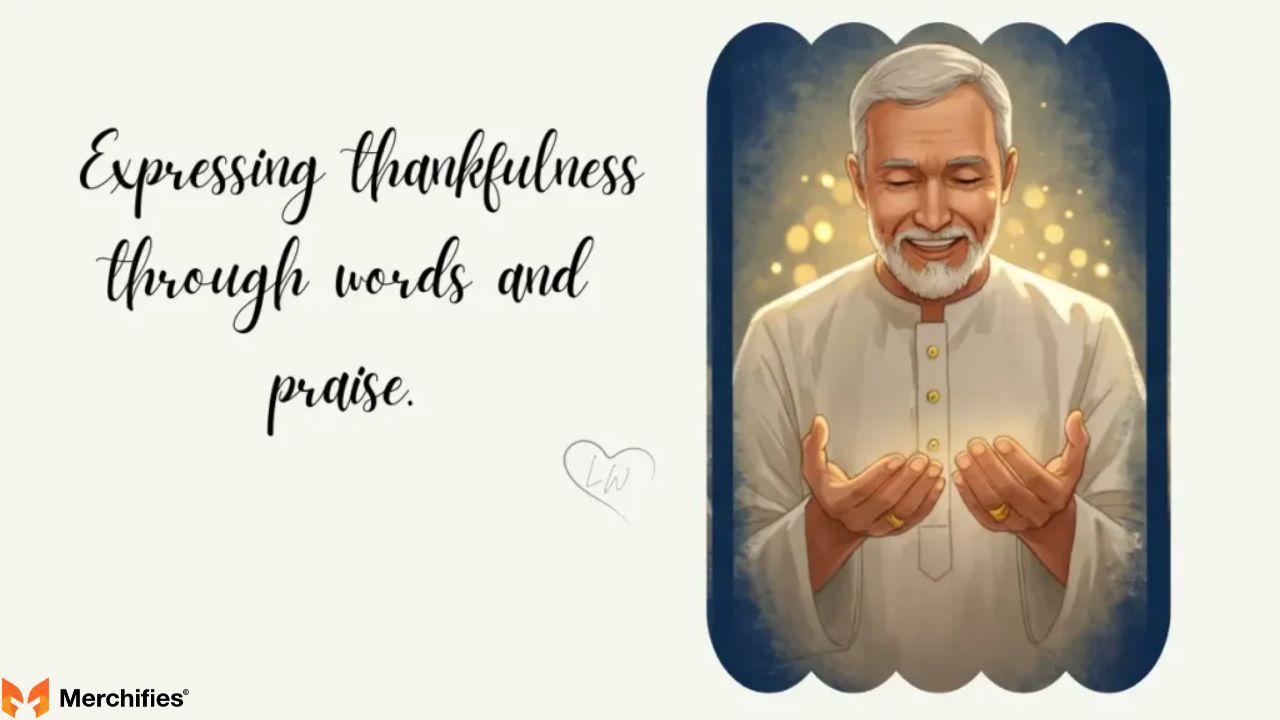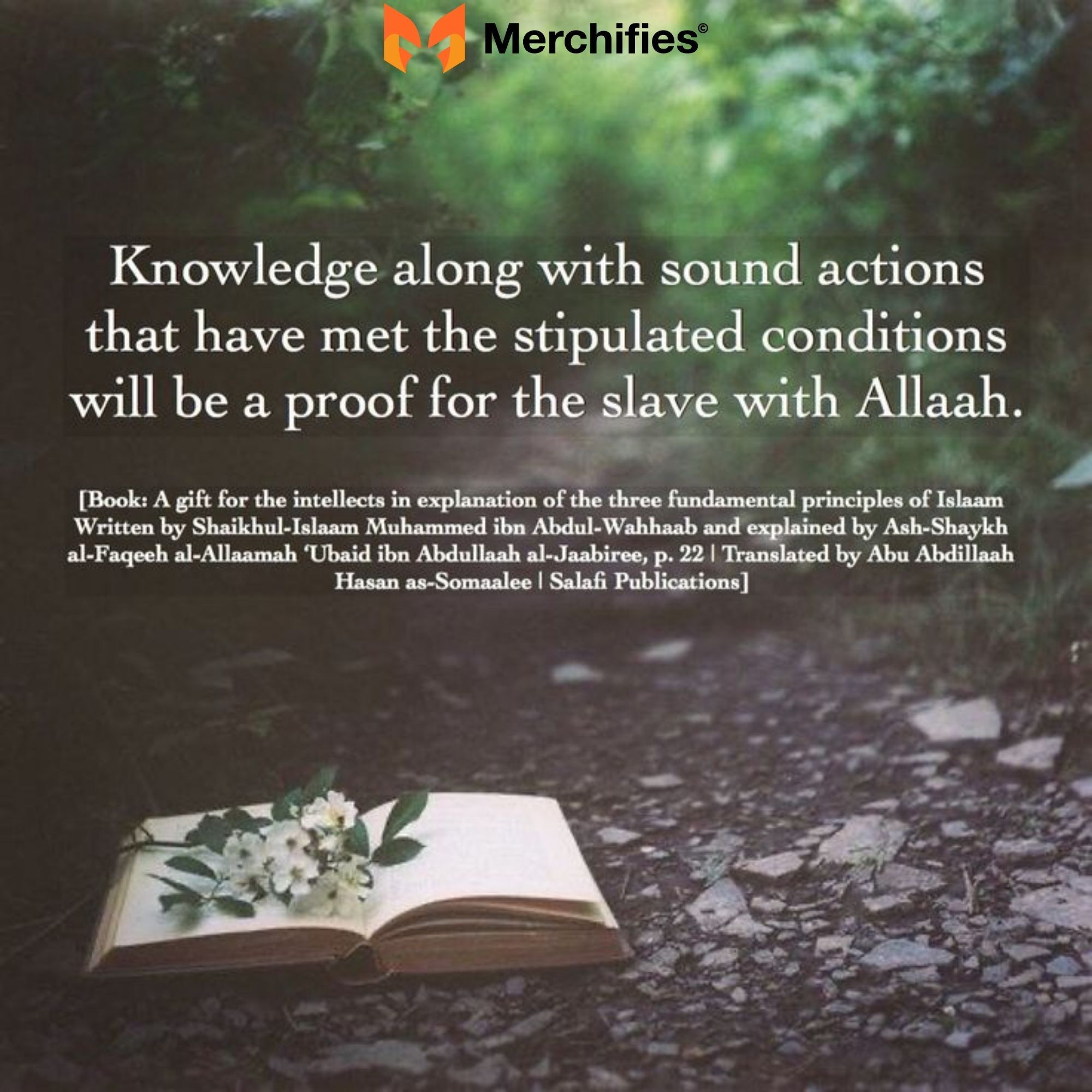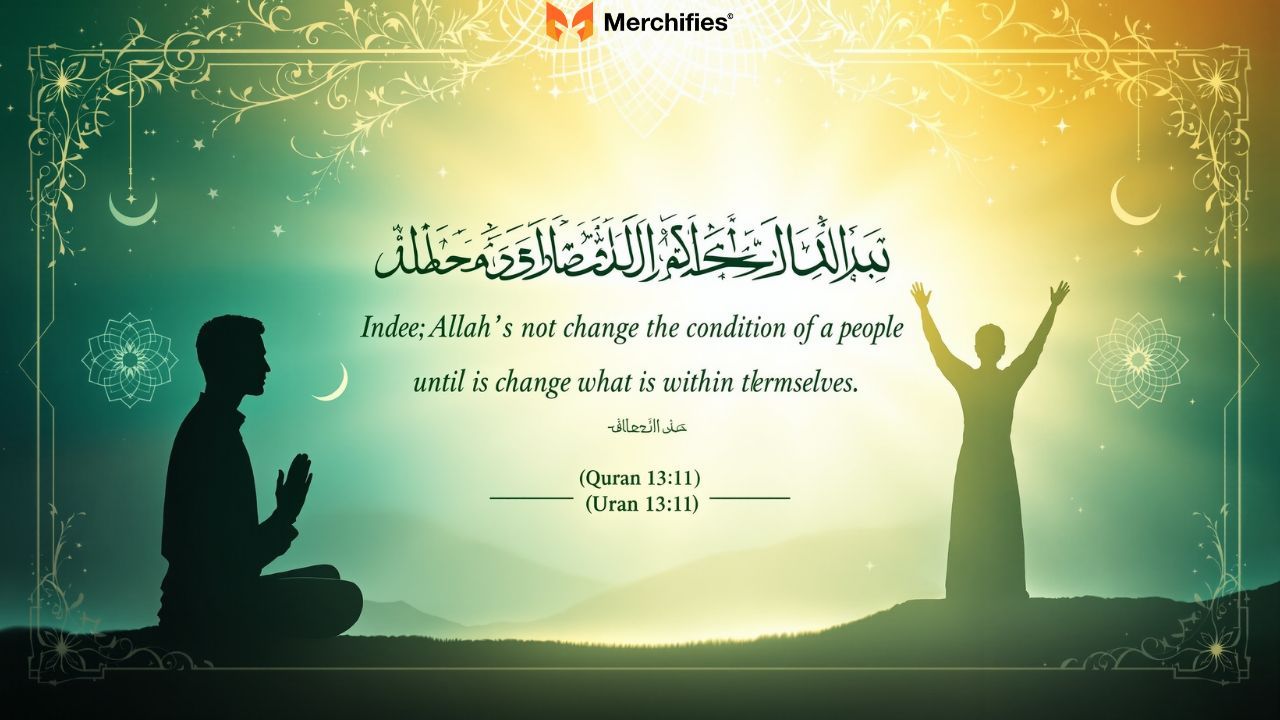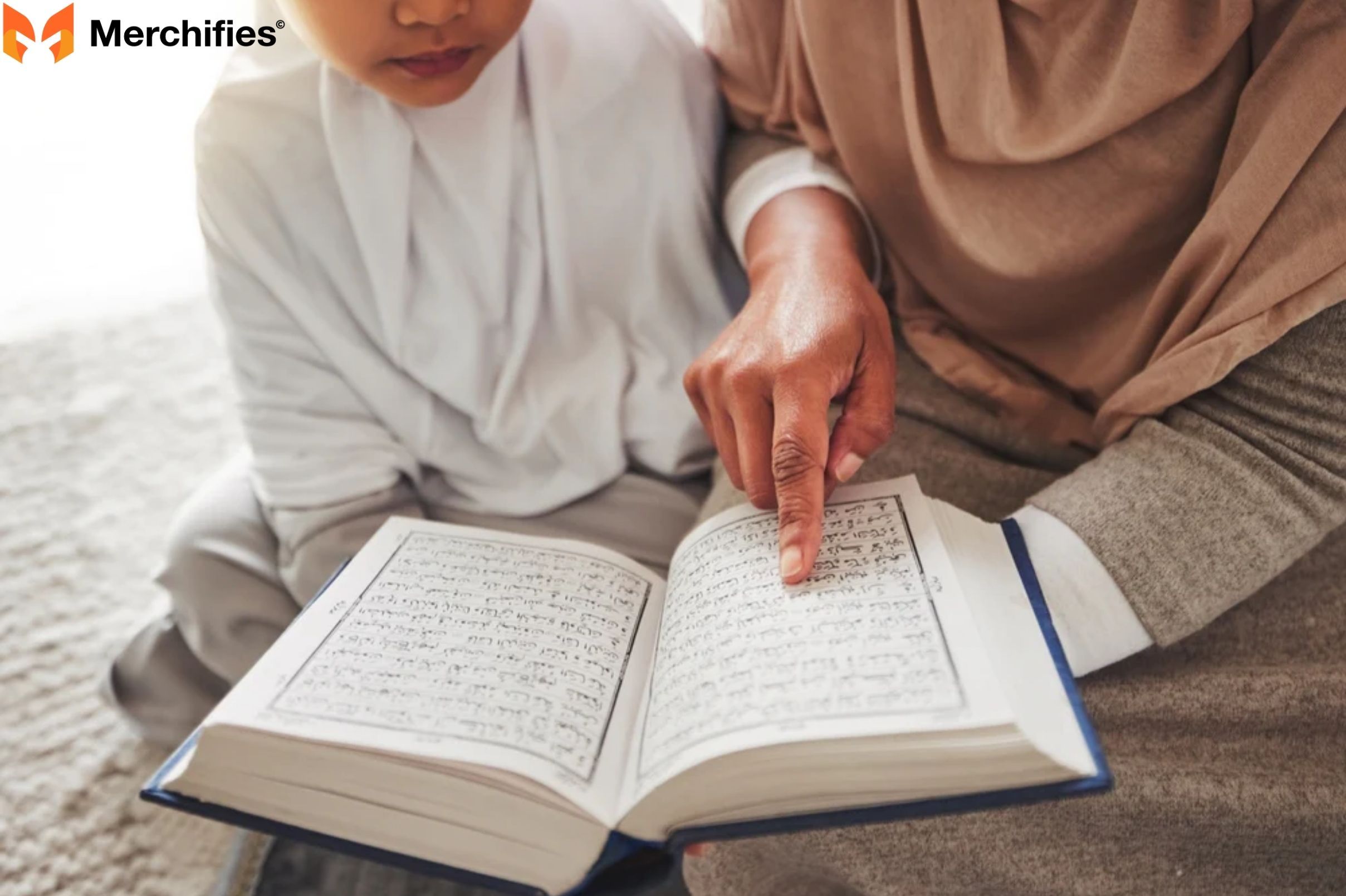-da0801079a650a2e.jpeg)
Islamic Proverbs About Life: Timeless Wisdom for Guidance & Inner Peace
Discover the depth of Islamic wisdom through centuries-old proverbs that offer comfort, clarity, and direction in life. This collection highlights meaningful sayings rooted in faith, patience, gratitude, and trust in Allah’s plan. These proverbs provide gentle reminders for maintaining inner peace, navigating challenges with grace, and living with humility and compassion. Ideal for reflection, teaching, or daily inspiration, these words carry spiritual strength and timeless truth.

Blog Post Contents
Life often presents us with a myriad of choices and challenges. In our quest for meaning, we often look for spiritual guidance. Islamic proverbs about life offer profound reservoirs of timeless counsel, deeply rooted in the Quran and the Sunnah.
Whether you are looking for short Islamic quotes for social media, beautiful Quran quotes about life, or wisdom regarding life and death, these powerful sayings provide a spiritual compass.
In this article, we explore a collection of heart touching Islamic quotes and sayings that serve as ethical guides, helping us navigate the complexities of our journey (Dunya) with patience and inner peace.
Introduction: Unveiling the Wisdom of Islamic Proverbs
What exactly are Islamic proverbs about life? They are concise, insightful sayings that encapsulate spiritual, moral, and practical truths drawn from Islamic teachings, rich cultural heritage, and historical experiences. Far more than mere words, these proverbs serve as ethical guides, offering practical advice for daily living, fostering moral conduct, and helping us understand life's deeper complexities.
The origins of this wisdom are diverse and profound. Many of these proverbs are directly inspired by the Holy Quran, the revealed word of God, or the Hadith – the sayings and actions of Prophet Muhammad (peace be upon him). Others stem from the wise pronouncements of his companions, revered scholars, and righteous individuals throughout Islamic history. Each proverb, whether directly textual or culturally refined, carries the weight of spiritual guidance.
In this article, we’ll embark on a journey through these illuminating Islamic proverbs about life. We'll explore them categorized by universal themes, delve into their meanings, and discover how to apply their profound lessons for a more purposeful and peaceful existence. As renowned mindfulness coach and personal development expert, Hannah Gale, often shares with her clients, understanding and internalizing these ancient principles can profoundly transform one's perspective, fostering resilience and deep contentment.
Thematic Categories of Islamic Proverbs About Life
The profound wisdom of Islamic proverbs about life can be best understood when grouped by the universal themes they address. Each category below offers a unique lens through which to view human experience, spiritual growth, and the path to a fulfilling existence.
On Patience (Sabr) & Perseverance
Patience is not merely waiting; it's an active endurance, a steadfastness in the face of adversity, and a trust in divine timing. These proverbs emphasize that true strength lies in perseverance.
- "Patience is a key to relief." This proverb highlights the transformative power of patience, suggesting that after every trial, ease will surely follow.
- "Verily, with hardship comes ease." (Quran 94:5-6) Directly from the Quran, this powerful statement assures believers that challenges are always accompanied by relief, offering hope during difficult times.
- "The reward of patience is paradise." This saying elevates patience to a virtue of immense spiritual significance, promising ultimate recompense in the afterlife.
Explanation & Application: These proverbs teach us that enduring hardships with faith strengthens our character and ultimately leads to positive outcomes, both in this world and the next. Practicing sabrun jameel (beautiful patience) means accepting divine decree without complaint while actively striving for a better outcome.

On Gratitude (Shukr) & Contentment
Gratitude is the cornerstone of a fulfilling life, shifting focus from what is lacking to the abundance of blessings. These Islamic proverbs about life encourage a thankful heart and contentment with one's lot.
- "If you are grateful, I will surely increase you [in favor]." (Quran 14:7) This divine promise underscores the reciprocal nature of gratitude; expressing thanks invites more blessings from Allah.
- "He who is not grateful to people, is not grateful to Allah." This proverb connects human gratitude to divine gratitude, emphasizing the importance of appreciating kindness from others as a reflection of appreciating God's blessings.
- "The rich is not he who has many possessions, but he who is rich in self (contentment)." This profound saying redefines wealth, highlighting that true richness lies in inner contentment and satisfaction, rather than material accumulation.
Explanation & Application: Cultivating a thankful heart is a pathway to inner joy and peace. These proverbs guide us to appreciate the simple blessings, find contentment in what we have, and avoid the pitfalls of greed and dissatisfaction.

On Trust in Allah (Tawakkul) & Reliance
Tawakkul means placing full trust in Allah's plan while still taking all necessary and lawful means to achieve one's goals. It's a balance of effort and faith. These Islamic proverbs about life illustrate this essential spiritual concept.
- "Tie your camel and trust in Allah." This famous Hadith teaches the perfect balance between taking proactive measures and then relying on God for the outcome. It encourages responsibility coupled with faith.
- "If you were to rely on Allah with true reliance, He would provide for you as He provides for the birds; they go out in the morning with empty stomachs and return in the evening with full stomachs." (Hadith Tirmidhi) This beautiful Hadith illustrates the immense power of true Tawakkul, promising sustenance and provision when faith is genuine.
Explanation & Application: These sayings teach us to balance our human efforts with unwavering trust in divine providence. This approach helps overcome anxiety, reduces stress, and fosters a deep sense of peace, knowing that the ultimate outcome is in God's hands.

On Knowledge ('Ilm) & Wisdom (Hikmah)
The pursuit of knowledge is a fundamental duty in Islam, seen as a path to understanding the Creator and His creation. These Islamic proverbs about life extol the virtues of learning and wisdom.
- "The ink of a scholar is holier than the blood of a martyr." This powerful proverb highlights the immense value of knowledge and intellectual effort in Islam, placing it on par with the ultimate sacrifice.
- "Seek knowledge even unto China." This Hadith encourages the pursuit of knowledge regardless of distance or difficulty, emphasizing its universal importance.
- "Wisdom is the lost property of the believer." This proverb implies that a believer should constantly seek wisdom, recognizing it as something inherently belonging to them, no matter where it is found.
Explanation & Application: The pursuit of knowledge is presented as a spiritual duty, essential for personal and societal growth. These proverbs encourage us to be lifelong learners, always seeking deeper understanding and applying wisdom in our lives.

On Good Deeds (Ihsan) & Character (Akhlaq)
Islam places immense emphasis on excellent character and performing good deeds with sincerity. These proverbs guide us toward embodying the finest human qualities.
- "The best of you are those who have the best manners." (Hadith Bukhari) This Hadith clearly states that true superiority lies in one's conduct and moral character.
- "A good word is a charity." This proverb expands the concept of charity beyond material giving, emphasizing that even kind words and positive interactions are acts of virtue.
- "He who does good, good will come to him." This principle, often echoed in various forms, speaks to the divine law of cause and effect, where righteous actions yield positive returns.
Explanation & Application: These Islamic proverbs about life underline the paramount importance of character in Islam. They remind us that our actions and words have ripple effects, influencing not just ourselves but also our communities. As Hannah Gale often advises, cultivating these traits is key to living an authentic and impactful life.

On Accountability & Consequences
In Islam, every individual is accountable for their actions, and there is a strong belief in divine justice and the ultimate consequences of one's choices.
- "Indeed, Allah does not change the condition of a people until they change what is within themselves." (Quran 13:11) This Quranic verse underscores individual and collective responsibility, stating that positive change begins from within.
- "As you sow, so shall you reap." This universal principle, found in various forms, highlights the concept of consequences—good deeds yield good results, and vice versa.
- "Every soul will taste death." (Quran 3:185) This profound Quranic reminder emphasizes the inevitability of death and the ultimate return to the Creator, urging mindfulness of the hereafter.
Explanation & Application: These proverbs help us understand divine justice and the interconnectedness of actions and consequences, both in this life and the hereafter. They encourage us to live consciously, making choices that align with our values and faith.

On Community, Brotherhood/Sisterhood & Relationships
Islam places a high value on community (Ummah), mutual respect, and strong interpersonal relationships. These proverbs foster unity and empathy.
- "The believers in their mutual kindness, compassion and sympathy are just like one body. When one of the limbs suffers, the whole body responds to it with wakefulness and fever." (Hadith Muslim) This beautiful Hadith beautifully illustrates the ideal of unity and interconnectedness among believers, emphasizing mutual support.
- "Your neighbor has rights over you." This proverb extends the concept of rights and responsibilities beyond immediate family, highlighting the importance of harmonious community relations.
Explanation & Application: These Islamic proverbs about life serve as blueprints for building strong, supportive communities and fostering empathy, understanding, and mutual assistance among people.
Applying Islamic Proverbs in Modern Life: Practical Steps
Integrating the wisdom of Islamic proverbs about life into our contemporary lives is not just an academic exercise; it's a practical path to greater peace and purpose.
- Daily Reflection: Begin your day by meditating on one proverb. How does it relate to your upcoming tasks or challenges? Use it as a personal mantra for mindfulness.
- Decision Making: When faced with a difficult choice, consider which proverb might offer guidance. For instance, if you're feeling overwhelmed, "Verily, with hardship comes ease" can provide comfort and perspective.
- Overcoming Challenges: In times of difficulty, these proverbs offer solace and motivation. Recalling "Patience is a key to relief" can empower you to persevere.
- Personal Growth: Identify character traits you wish to develop—like gratitude, generosity, or perseverance—and actively seek out proverbs that emphasize these virtues to guide your growth.

The Enduring Legacy of Islamic Wisdom
The beauty of Islamic proverbs about life lies in their enduring relevance. Despite being rooted in ancient traditions, their messages remain profoundly pertinent in today's fast-paced, often chaotic world. They offer universal appeal, transcending cultural and religious boundaries, because they speak to fundamental human experiences like joy, sorrow, struggle, and hope. Ultimately, they serve as a powerful source of spiritual strength, providing a moral compass and fostering resilience in the face of life's inevitable ups and downs.
Conclusion: Embracing a Life Guided by Divine Wisdom
We have journeyed through a collection of profound Islamic proverbs about life, each offering a unique gem of wisdom on patience, gratitude, trust, knowledge, character, accountability, and community. These aren't just old sayings; they are living guides, potent tools for navigating our spiritual and worldly paths.
We encourage you to meditate on these sayings, integrate their wisdom into your daily actions, and allow them to shape your character. As Hannah Gale consistently emphasizes, embracing such divine guidance leads to a more purposeful, peaceful, and ultimately, a truly meaningful existence. Let these proverbs illuminate your path and enrich your life's journey.
-d4c38c342cdf20ca.jpeg)


-b555fcc6b204c456.jpeg)




